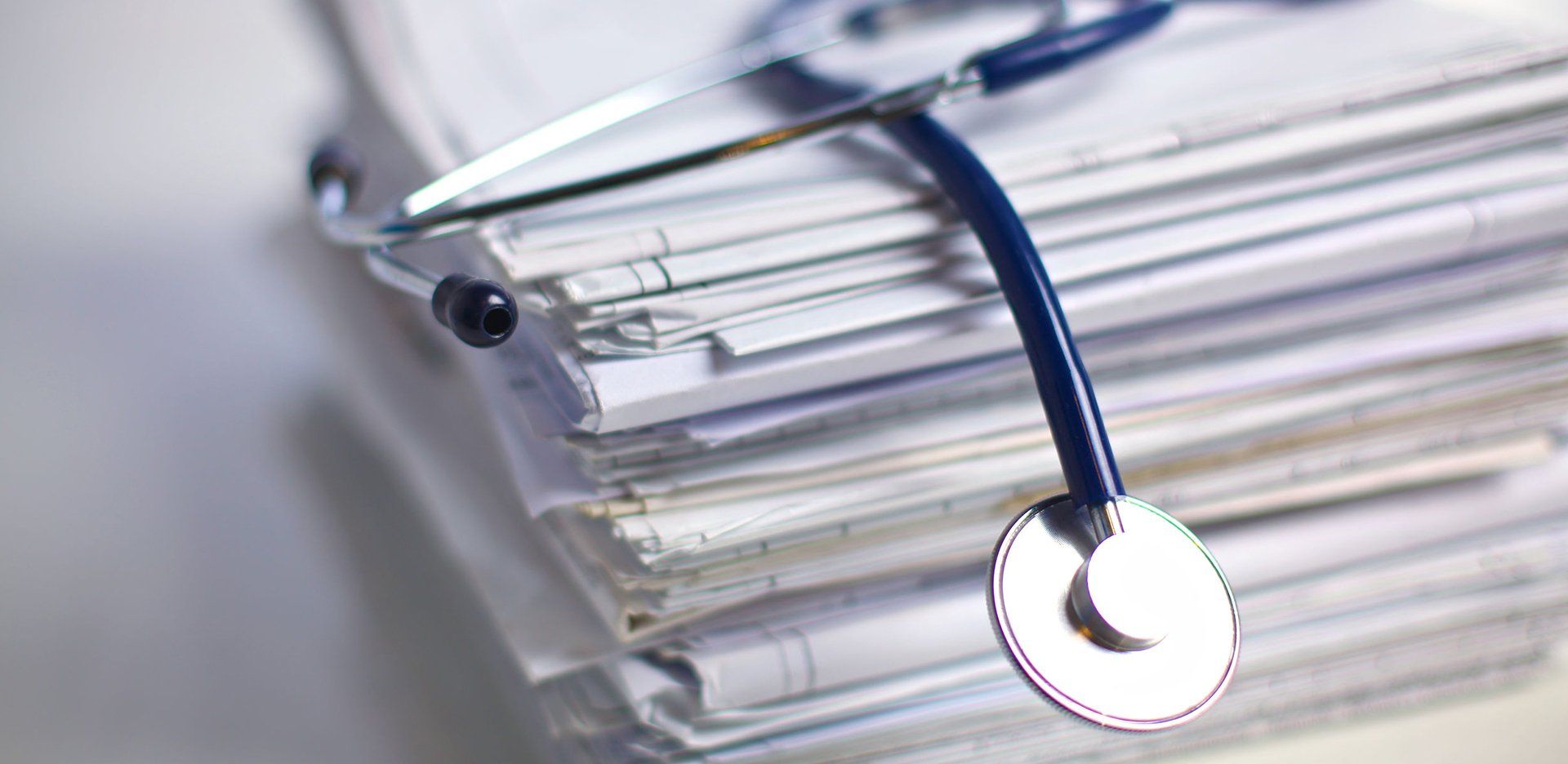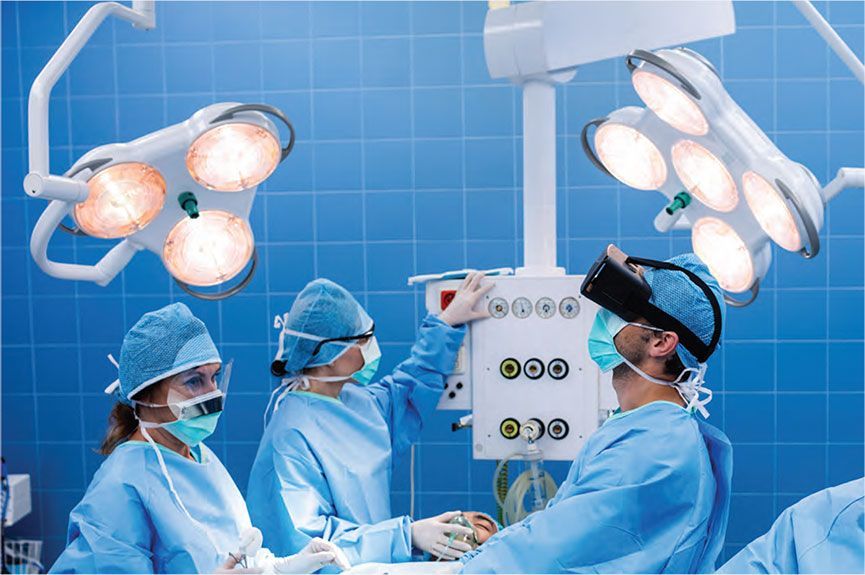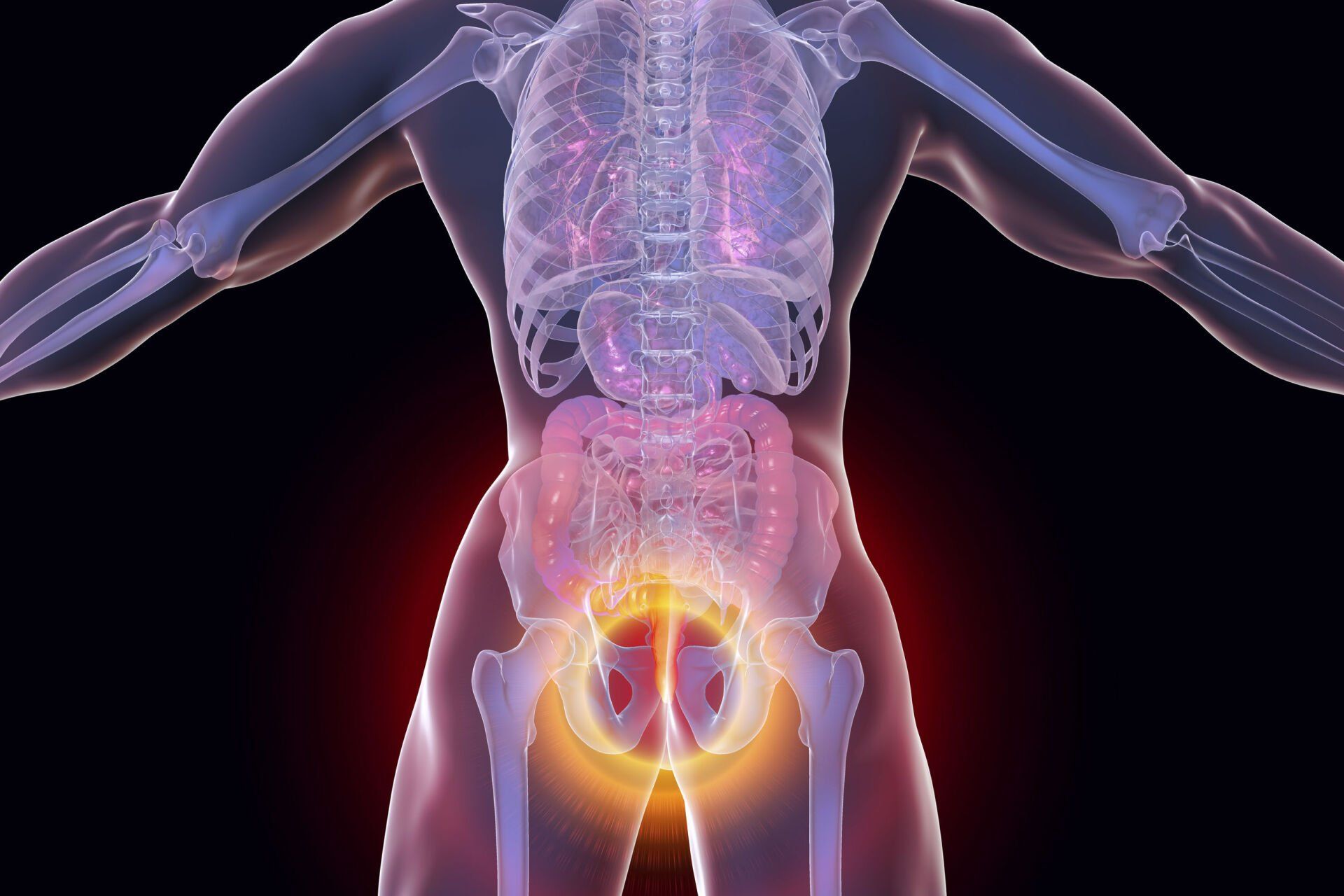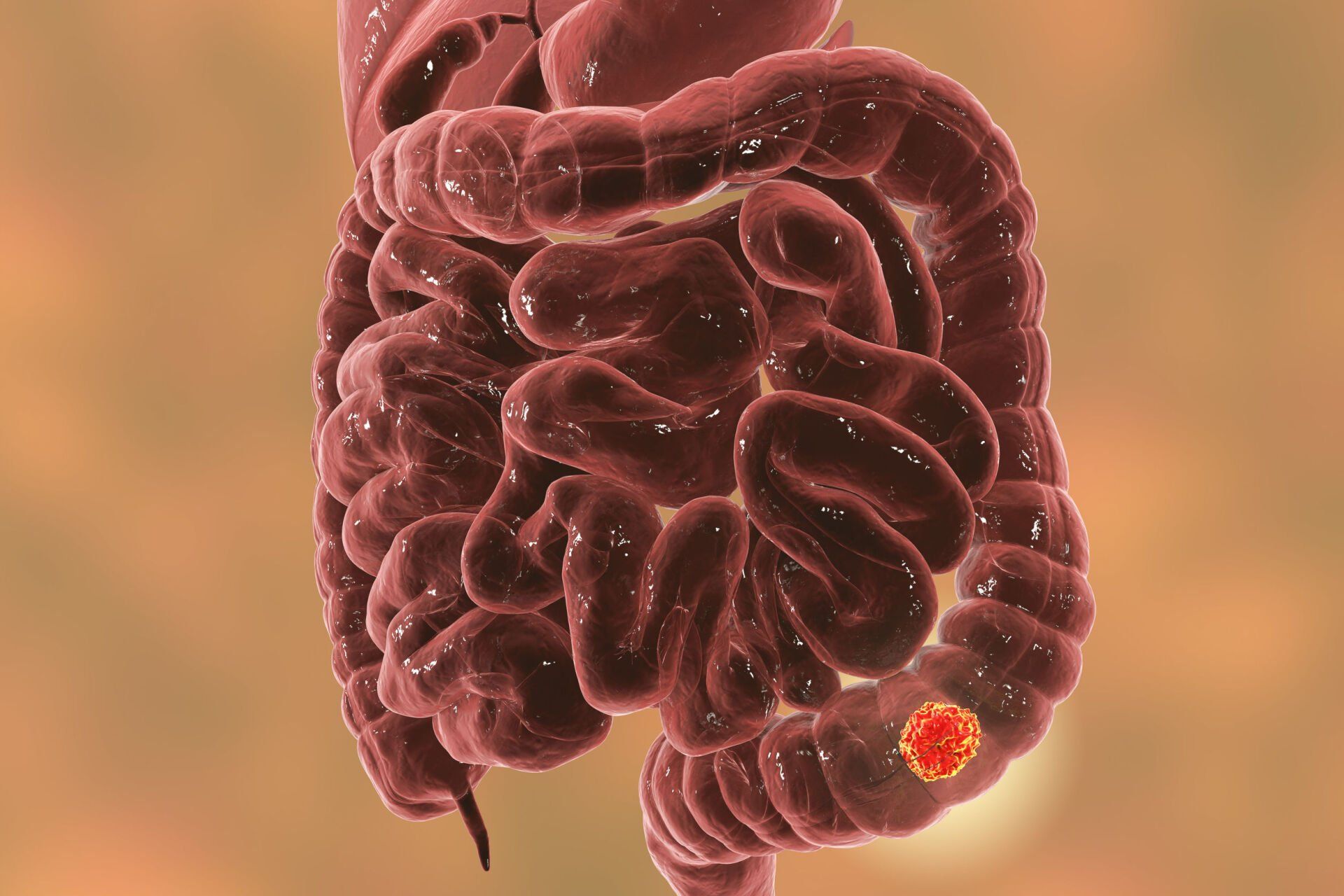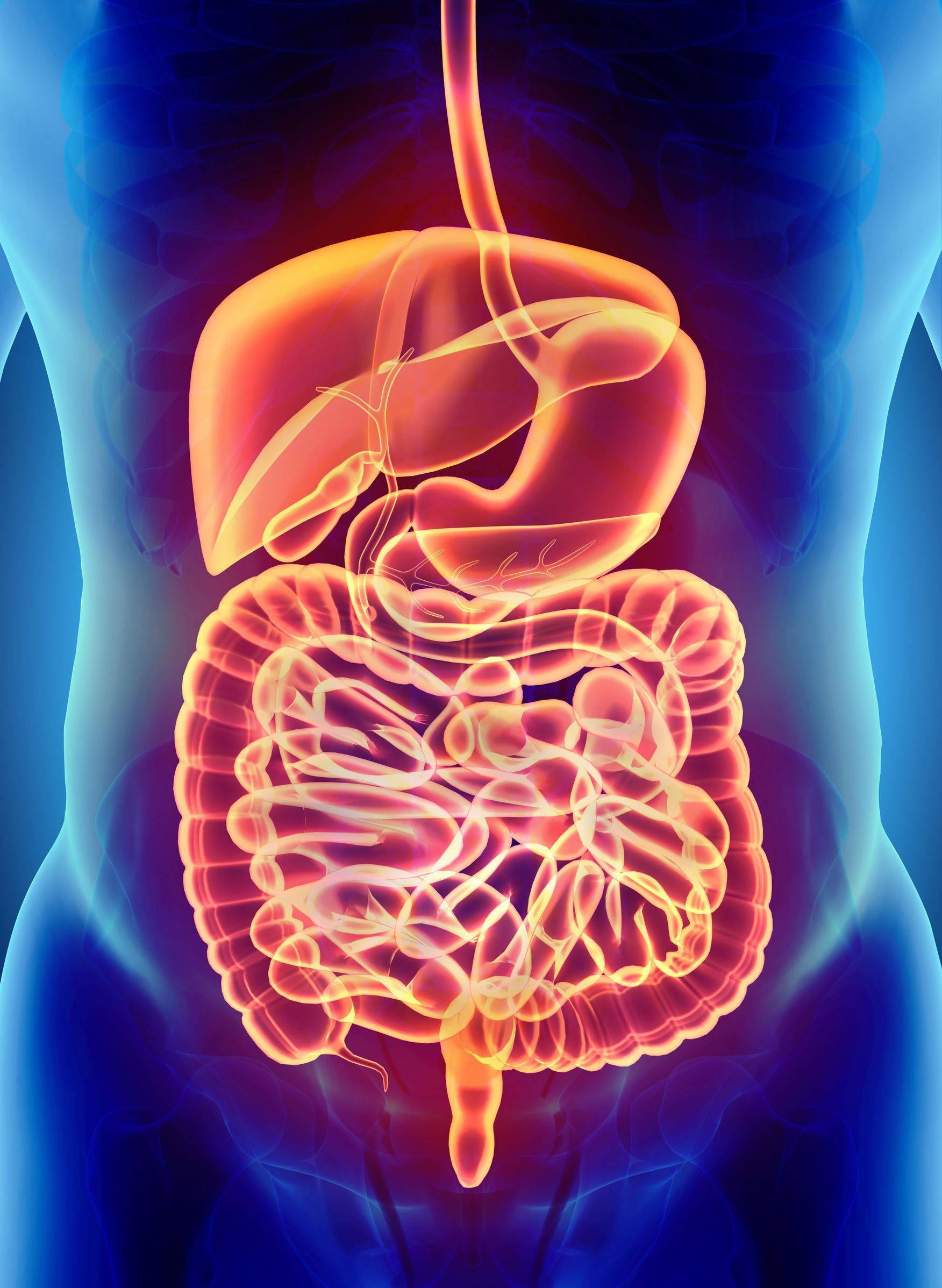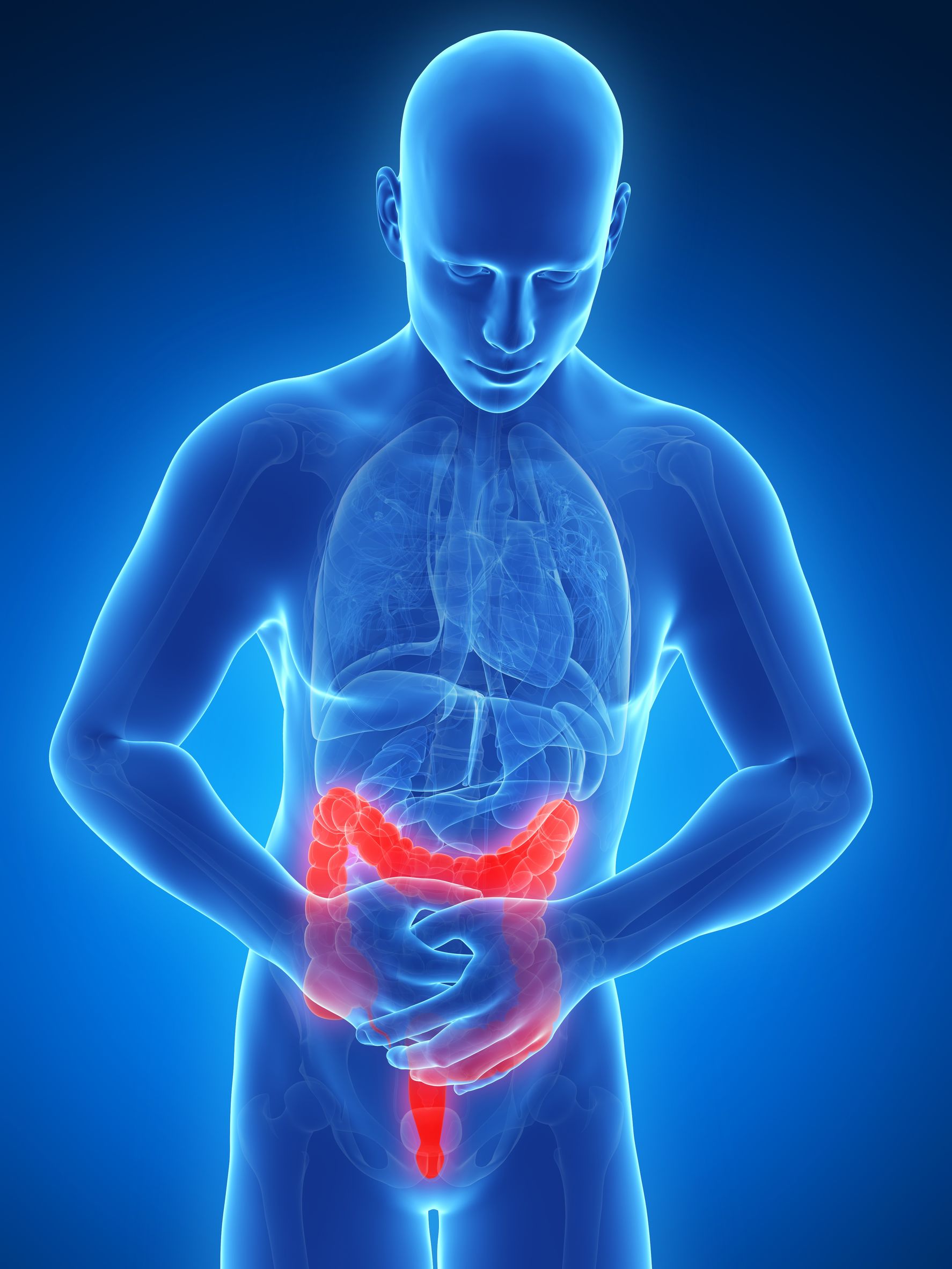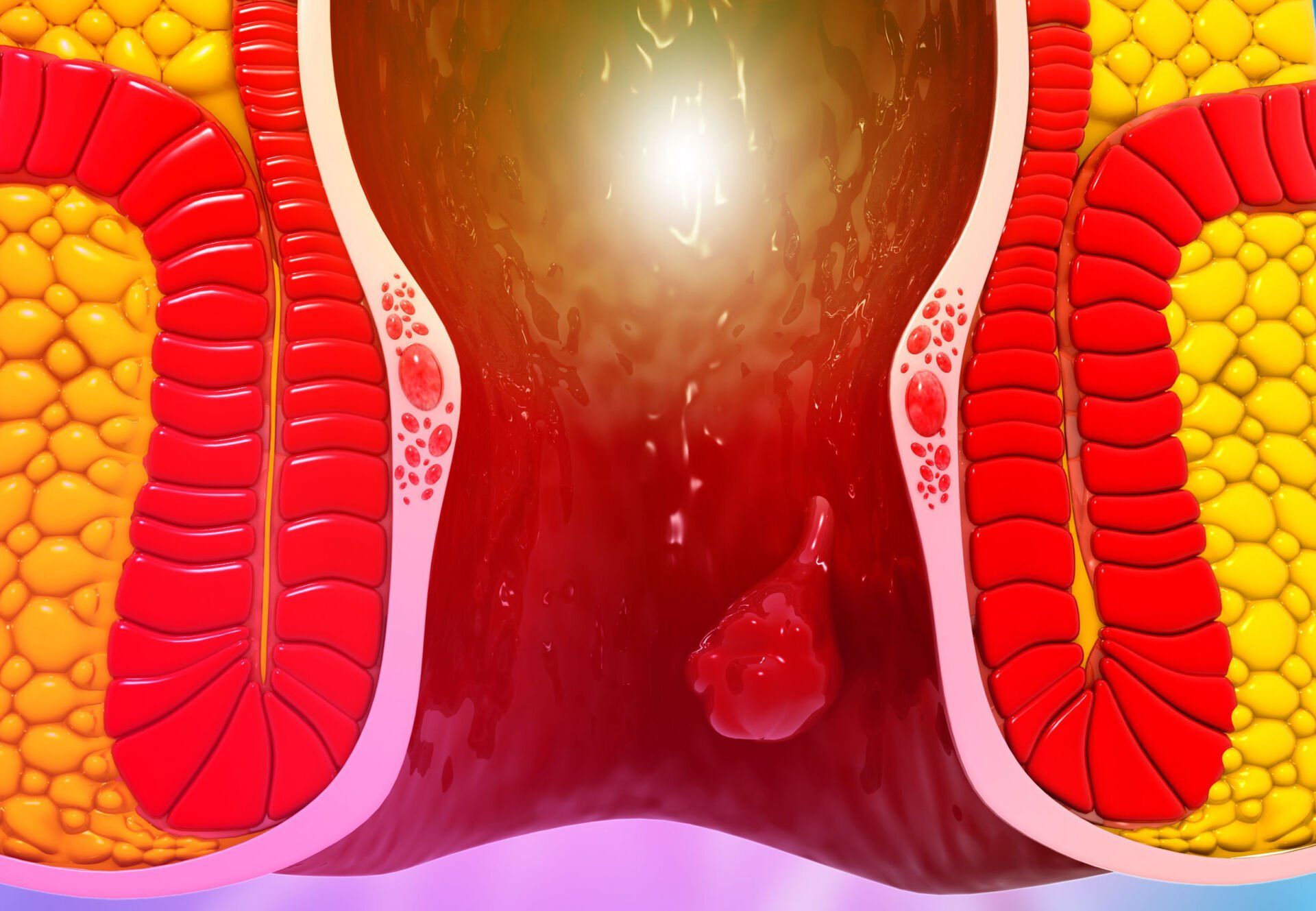02 Mar, 2022
Dr Dean Koh, a general surgeon who specialises in treating colon and rectal cancer, answers our questions and clarifies 5 common ideas about cancer prevention. 1. Eating less red meat and processed meat reduces the risk of colorectal cancer Is it true that people should eat less meat in general to prevent cancer? Meat is an important source of protein, vitamins and minerals in our diet. It is important to note that the studies in medical literature linking meat to the risk of colorectal cancer all refer to processed meats and red meats. White meats are generally well accepted not to be associated with an increased risk at all. While there is no harm in reducing one's intake of meat in general, what I would advise will be a more pragmatic approach of consuming meats in moderation and leaning more towards white meat as opposed to the red meats. Any form of processed meat (be they red or white) increases the risk of cancer. This is because mutagen and carcinogens are produced when the meats are cooked at high temperatures such as by charcoal grilling. In addition, nitrates/nitrites and salts which are used in processed meat leads to carcinogenic nitrosamines being formed. Mutagens and carcinogens These are substances that increase the likelihood of mutations, or triggers the development of cancerous growths. A mutagen induces change or mutation while a carcinogen induces abnormal growth in cells or tissues. They are not identical terms, but both are significant factors, as mutagen can result in the development of cancer. Carcinogenic nitrosamines in processed meats The World Health Organization (WHO)’s International Agency for Research on Cancer (IARC) categorizes processed meats as a carcinogen, based on consistent data that connects high consumption of processed meat with stomach cancer. But don’t panic just yet. The truth is that nitrates and nitrites are naturally-occurring chemical compounds. They are legally used as preservatives to prevent the growth of harmful bacteria in foods like ham and some cheeses. They are also found in vegetables, which acquire these compounds from the soil they grow in. While nitrates are relatively inert, nitrites are more reactive and can react in the acidic stomach environment and, with the presence of chemicals called amines found in protein foods, form nitrosamines. Nitrosamines can also be created when foods are cooked at high temperatures. Taken in context, there’s no need to swear off processed meats completely. However, it’s also important to understand that high consumption of processed meats is also linked to coronary artery disease, stroke and diabetes. In other words, make it an occasional option rather than a daily one. Is it true that less red or processed meat is better? Or would you suggest going meatless 1 day a week? There is little harm in reducing meat intake, even if it’s for 1 day a week. Replacing meats with fish and poultry is always a good start. Another alternative will be to choose smaller portions of meat or use these as a side dish instead of the main focus of the meal. An often-used guideline to consumption will be as follows: daily consumption of 100g of red meat or 50g of processed meat increases the risk of colorectal cancer by 15 – 20%. You can do the math to determine just how many servings of what proportions that will amount to. Is this recommendation only for processed meat? As mentioned above, reduction in the ingestion of processed meat in the long term will certainly reduce one's risk of developing colorectal cancer. In fact, current evidence supports a 15 – 20% increased risk of colorectal cancer for every 50g of processed meat consumed per day! What do you classify as ‘fat meat’? This is a non-specific term that generally refers to meat that is marbled with excessive fat. The effect of consuming too much of it is more related to the obesity/overweight risks, which is associated with increased incidences of colorectal cancer rather than the carcinogenic effect. Cancer prevention tips While there is no proven way to fully prevent cancer, you can help to stay healthy and reduce your risk by making a few changes to your diet. Eat more fruits and vegetables, in a variety of colours. These, which includes different kinds of beans and legumes, provide essential fibre and a wide range of vitamins, minerals and other nutrients. Maintain a healthy weight. Sometimes, it’s not just how much we eat but what type of food we eat. Some foods are high in calories, such as soft drinks and fruit-based drinks, creamy dressings, and processed foods that contain high-fructose corn syrup. So, eating smaller meals may not be as effective as cutting out soft drinks and processed foods. Try healthier snacks such as fresh fruits, yogurt, and baked instead of fried or sugar-laden treats. Reduce consumption of processed and red. It’s not necessary to eliminate these entirely, but it can help to limit your intake by taking smaller portions, or making it a treat on weekends or special occasions. To maintain a health intake of protein, you can eat more fish, chicken, turkey or beans. Cook your proteins differently. Instead of high-temperature cooking methods such as frying, try baking, broiling or poaching meats instead. 2. Being physically active might reduce the risk of cancer Regular activity is associated with lower risk of many diseases, including colon cancer. In fact, the World Cancer Research Fund identifies body fat and physical inactivity as 2 out of 4 preventable risk factors (the other 2 are alcohol consumption and diet). Regular exercise is not just associated with risk reduction in colorectal cancer, there are clear benefits that this results in reduced rates of premature death and incidence/mortality from various cancers. It is important to note that the optimal intensity, duration and frequency of physical activity needed to reduce cancer risks are unknown, the recommendation accepted by most cancer societies around the world is 300 minutes of moderate activity or 150 minutes of vigorous activity per week. 3. Sufficient intake of vitamin D may reduce the risk of colorectal cancer A healthy vitamin D intake is said to reduce the risk of colorectal cancer and increase survival rates for those already affected by colorectal cancer. How does healthy vitamin D levels reduce the risk of colorectal cancer? Vitamin D has an effect on the initiation and progression of colorectal cancer. This is because of its effect on reducing cell proliferation, and stimulating cell death in cancer cells. There have been studies demonstrating an anti-inflammatory effect of Vitamin D as well. The largest studies evaluating the effect of vitamin D are the Nurses' Health Study (NHS) and the Women's Health Initiative (WHI). In general, do women in Singapore lack vitamin D? It's unlikely. This is because of our year-round tropical climate which rarely confines a person indoors for a prolonged period of time. Vitamin D is obtained through skin exposure to UV radiation, through diet (milk and cereal which are fortified with vitamin D) and through supplements. It is important to note that the association between colorectal cancer and vitamin D is not definitively proven, a level of 30ng/ml is generally recommended for not just cancer prevention but for other health conditions. 4. Long-term use of aspirin can lower the risk of colon cancer Is it true that the long-term use of aspirin can lower the risk of colon cancer? Can aspirin be taken as a supplement? The data surrounding aspirin and the reduction of colorectal cancer has proven to be inconclusive. Aspirin has been associated with a reduction in the development of the precursor lesion to colorectal cancer – the adenomatous polyp. However, it must be emphasised that high level evidence for the use of aspirin in healthy individuals in reducing the risk of colorectal cancer is not yet available. Most authorities advocate caution with respect to the use of aspirin in the primary prevention setting simply because of its risk of bleeding. Based on the current available data in medical literature, this cannot be recommended in healthy individuals as a means of prevention of colorectal cancer. Virtually all studies have shown that regular aspirin consumption is associated with an elevated risk of gastrointestinal bleeding and haemorrhagic stroke. 5. A diet rich in garlic reduces the risk of colon cancer Is it true that a diet rich in garlic reduces the risk of colon cancer? How much garlic should a person eat? There is yet little evidence that allium compounds contained in garlic can prevent cancer. All that has been concluded so far is a possible association but these have been predominantly based on preclinical studies. In fact, a recent study involving over 300,000 subjects showed no protective effects as a result of garlic consumption. Article contributed by Dr Dean Koh Reference Q&A on the carcinogenicity of the consumption of red meat and processed meat. (2015, October) Retrieved from https://www.who.int/features/qa/cancer-red-meat/en/ Thompson, R. (2015, 23 October) Red meat and bowel cancer risk – how strong is the evidence? Retrieved from https://www.wcrf.org/int/blog/articles/2015/10/red-meat-and-bowel-cancer-risk-how-strong-evidence









